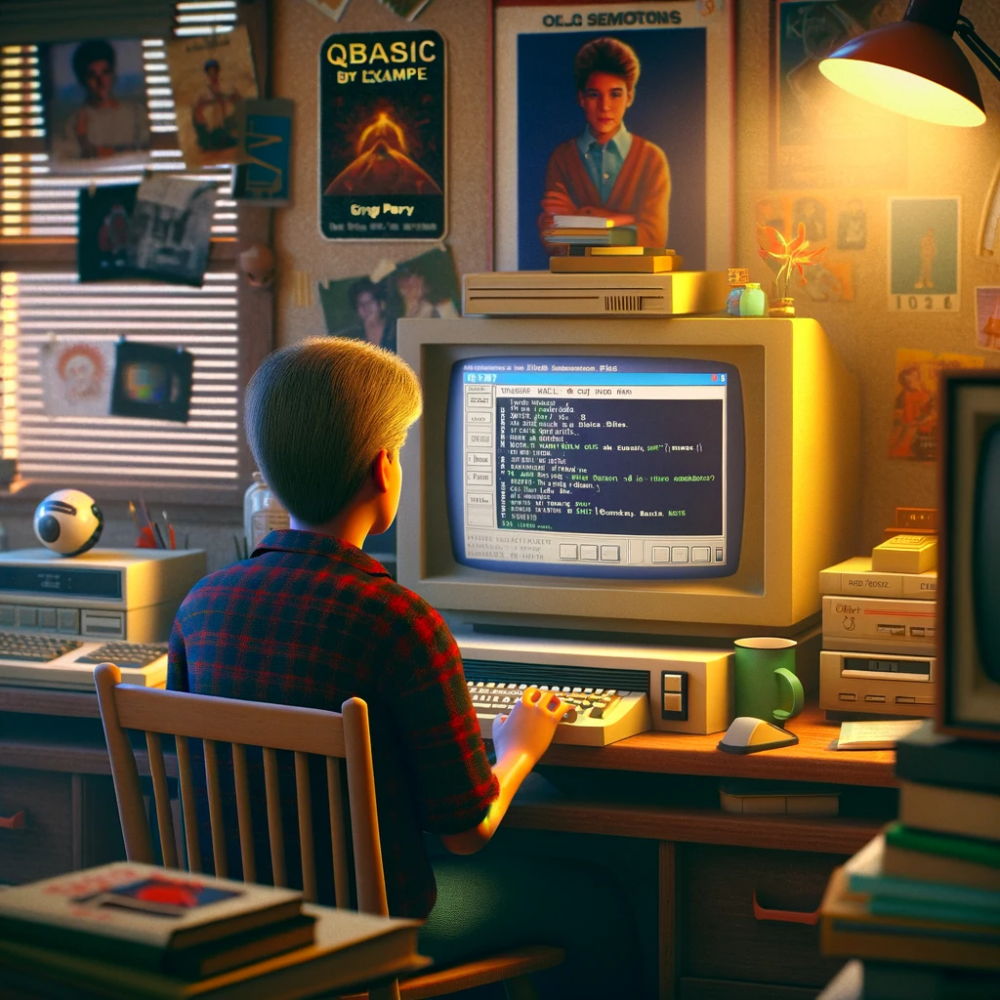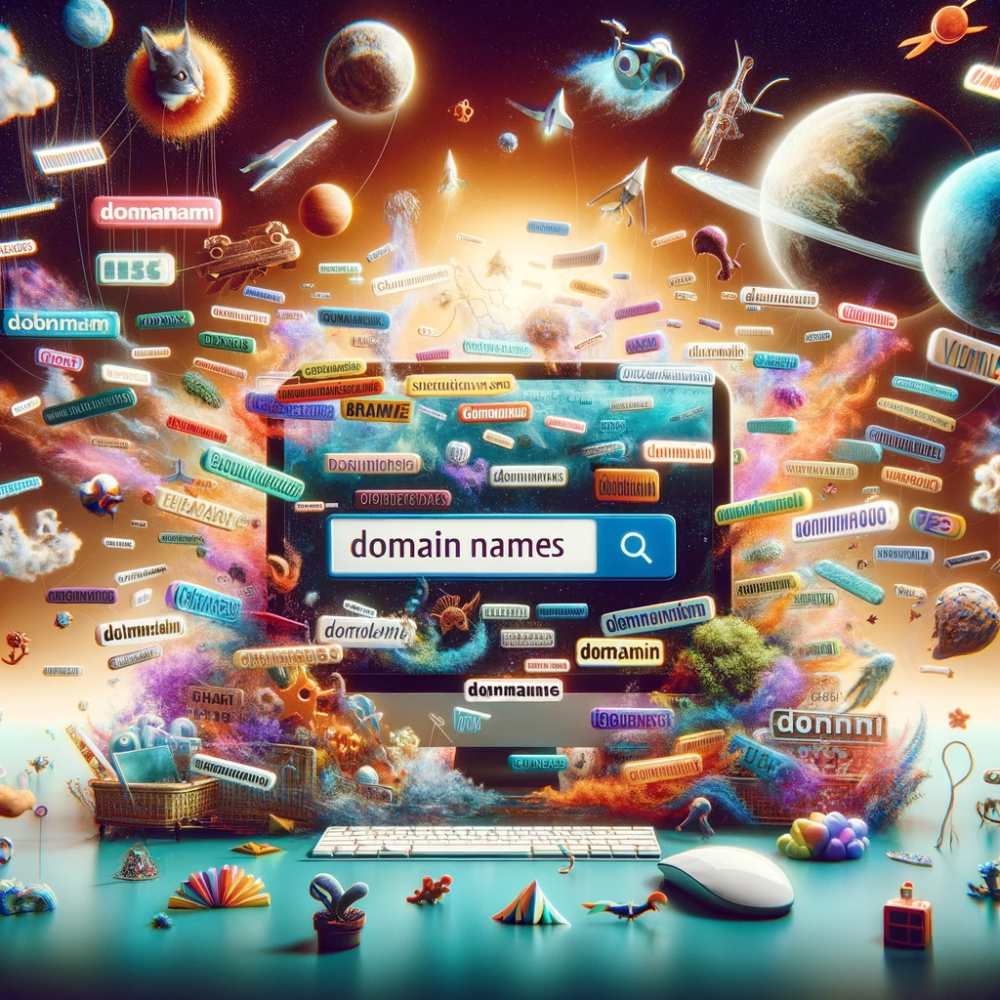Visions of the future

Thirteen years ago, Apple launched the iPad—the device that seemingly every technology journalist in the world was certain would be called the iSlate. This is handy, as it provides a ready-made search term for anyone interested in transporting themselves back to those days of fevered speculation of quite what such a device would do.
Even after its launch, I was certain that the iPad wasn’t for me. I wasn’t alone in thinking that the market for an oversized iPhone that didn’t even function as a phone would be minuscule. I was wrong. I’m typing this very post on one of the two iPads I used regularly, the third and fourth that I’ve owned.
Partly because of that experience, and partly because I’m older, I’ve reserved judgement as I’ve read the coverage of the launch of Apple’s Vision Pro. There’s another element, too: I can actually see a potential benefit in sitting at home and working with lots of different large computer screens without having to clutter up the house with hardware. It’s not worth the financial cost or the practical tradeoffs at this stage, but I can see a future for this kind of device that would work for me.
As so often, though, Benedict Evans’s writing on the subject widened my perspective. He makes the point that simply projecting 2D screens into 3D space is not really the point of ’spatial computing’—‘That’s cool, but it seems like using a desktop service on an iPhone. It’s not native to the experience. I can use an iPad for that.’
Evans says that the device is really for 3D work. I was—and still am, to a degree—sceptical that 3D is the future of everyday work. As he asks, ‘is our work 3D? Is your data 3D?’ I have strabismus and sometimes think that I barely see in three-dimensions to begin with, so my scepticism is, maybe, unsurprising.
But, ‘is that like looking at a colour monitor in the 80s and saying that your spreadsheets don’t need colour? Putting maps or messaging onto your phone changed where you used it and how it could be useful: what’s the equivalent for 3D?’
It was the ’spreadsheets’ line that got me. I remember being taught, in the 1990s rather than the 1980s, that one really ought not to use colour in spreadsheets. I’d forgotten all about that. These days, it’s entirely normal to see spreadsheets filled with colours: does a risk register even exist if it isn’t pasted into a spreadsheet with colour-filled RAG ratings, which the colourblind among us struggle to interpret?
I think, too, of PowerPoint presentations. These seem, in many cases, to hand supplanted Word documents as the preferred way to share lengthy text-based narratives. They’re not the logical nor most accessible option, but perhaps people find uses for the tools they’re given.
Perhaps in fifteen years’ time, the Vision Pro 15 will be as every day as iPads are today. Perhaps it will be de rigeur to present things in 3D, regardless of whether it’s actually the best approach for any given task. Or maybe the idea will fade away, like Google’s vision for Glass.
‘Of course, most people didn’t realise how big the iPhone would become, and conversely, some people thought that everyone would have a 3D printer. Predicting tech is hard, and predicting human behaviour is harder: we all do things every day that “no-one would ever do”.’
Well, quite.
This post was filed under: News and Comment, Technology, Apple, Benedict Evans, Vision Pro.








